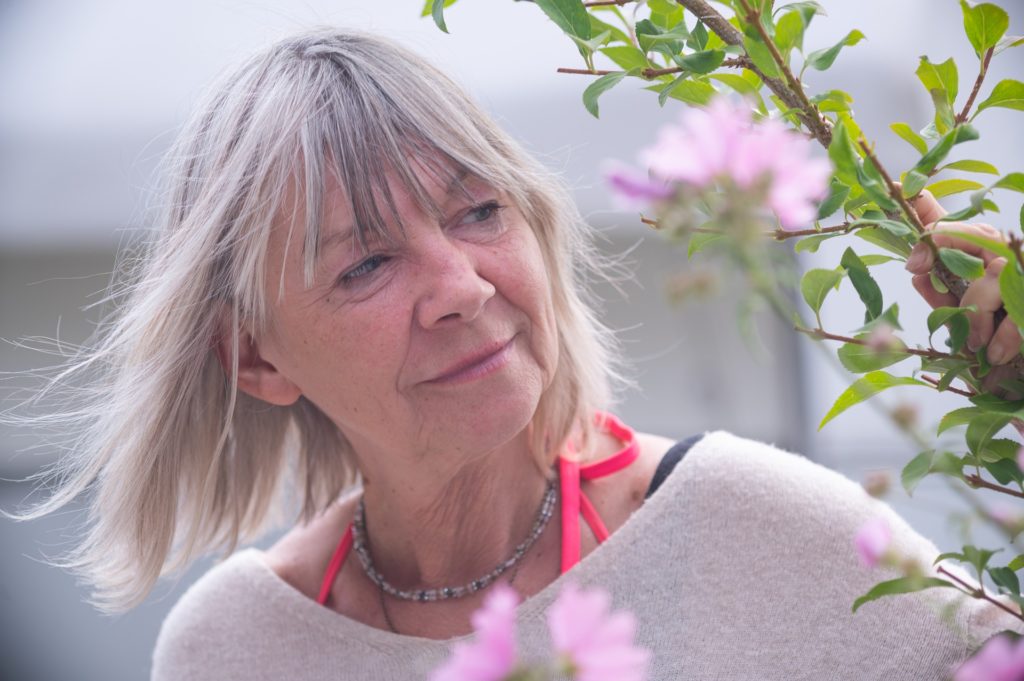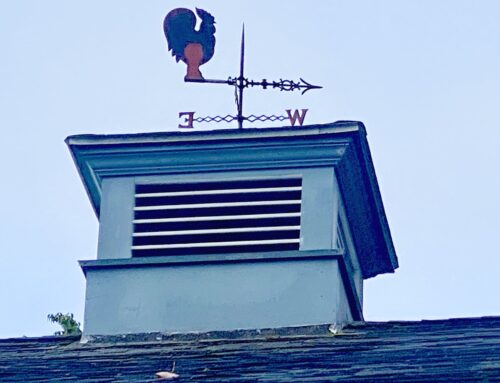The first time I met Janice, she seemed shy and withdrawn. She only spoke when spoken to and had a tough time making eye contact. I caught a tremble in her hand as she unlocked her car door. “Are you okay?” I asked her.
Monica was boisterous and happy. She loved to talk and be the center of attention. She often interrupted others and even when she didn’t, you could tell that she wanted to. Her foot would often bounce, faster as she grew more agitated.
Then there was Anne. Anne was older and very intense. When she looked at me, I felt like she saw through me. Although quiet, she gave off a vibe of wisdom. Almost a silent sternness. She was kind with her words but tended to avoid new situations and new people.
Kimberly was completely different from the rest. She stared at the table much of the time. When she spoke, it was with a controlled and monotone voice. I could tell that she worked very hard to keep her environment under her control, as much as she was able. She never showed emotion of any kind, even when other ladies in the group did.
I later learned Kimberly’s story. When she filed for divorce, her husband shot their two little girls and then shot himself. He didn’t want Kimberly to have custody.
Three lives lost. A woman shattered.
Physical Abuse. Emotional Abuse. Verbal Abuse.
All four of these women had been victims or were currently victims of an abusive relationship. Some were physical, as with Kimberly. All had suffered emotional abuse, financial abuse, spiritual abuse, and verbal abuse as well. Their reactions and survival techniques differed vastly from each other.
Unfortunately, our abuse stats as Christians are no lower than the secular community. Out of a pew of ten people, over three have experienced abuse in their lives.
So how do you know when someone you know is suffering from abuse? Besides those potential signs above?
When They Tell You About Abuse
The most accurate sign of abuse is when someone tells you that they are being abused. When this happens, be very careful in your response. They have likely told other people and have not been believed. Always believe them, even if you know the other party and it seems farfetched to you. Always know that the situation is likely worse than what you are at first hearing about. Listen and indicate that you believe them and that the abuse is not their fault. See this article for help— Ten Things You Must Know When Helping a Survivor.
Abuse, both the giving of and the taking of it, are hard to admit to and tough to mention to others. The survivor may also be questioning whether it’s abuse, having just learned about the potential of it. In any relationship, you should listen for phrases like the following:
- My day gets a lot worse when he/she comes home. I dread it. I can’t do anything right.
- He/She won’t let me do anything these days. He/she wouldn’t approve so I better not.
- I have to stay home. I’m not allowed to go out. Or I can’t put any mileage on the car.
- He/she always knows where I am at. Even if I haven’t told them.
- I’m scared. Or, the kid’s dad has been angry and now they’re having nightmares.
- He keeps drinking and then he gets mean/mad.
- He/She makes me stick to a shopping list. Our money is limited, I guess. Or, I don’t have any idea about of finances.
- When he/she gets home, they just sit around. I do everything even though my day was long too.
- He tells me I am not submitting to him enough and we wouldn’t have problems if I did more of that.
- He/she tells me I have a mental health issue and has been studying up on it and telling me what I should do.
- He/She tells me that they have gone to the pastor, counselor, etc. and that person says I am the problem.
- I am so depressed. I don’t know what to do and I get angry too. I’m done.
- I feel like I could hurt myself or someone else.
Abusers are Master Manipulators
Understand that an abuser is a master manipulator. He/she is narcissistic at home but quite charming in public. They are often well-liked and sometimes even very generous with their time and money. They also know when and how to abuse so it is not obvious to other people. Abuse can be very subtle. For instance, a man can appear generous because he takes charge of the household. We might think “oh how nice of him to give her a break” when in fact he is telling her that she is not capable, and she better not do it anymore because she messes it up. The same can happen with handling the finances and numerous other situations.
We work very hard to keep our relationships together when there is abuse involved. Many of us try marriage counseling, self-help books and going to the pastor. The abuser has told us it is our fault. If we had not done this, they would not have reacted like that. Years of this sinks into our minds and we question ourselves. “Perhaps something is wrong with me.” we wonder. This is part of the abuser’s techniques. By blaming others, they don’t have to look at themselves. No guilt and no action is needed on their part. These types of behaviors keep an abuser in a position of power over their survivor.
When You Are Raised with Abuse
Some survivors are raised with abuse and then choose to marry an abuser, because that seems normal. When childhood abuse is involved, a survivor often has a very hard time seeing God as a loving heavenly Father who treasures them.
At ARMS, we meet many women who are leaving abuse much later in life. Some even after 40 or so years of marriage. They have spent a lifetime being the stay-at-home-parent, raising the kids and depending on their spouse for income. When the marriage ends, he is often vindicative and it is common for her to have to start over with nothing. And yet, without any job history, her options are severely limited. “Why didn’t I see all of this?” They wonder. “I should have been more prepared.” But none of us go into a marriage expecting it to fail. And more than likely, we didn’t expect abuse either.
Healing from Abuse is Possible
Healing is possible. Although abuse is NEVER the fault of the survivor, it is the survivor’s choice to heal and thrive. Most abusers never admit fault and an apology is seldom uttered. Fortunately, whether one heals or not does not rest in the abuser’s hands. It is strictly up to the survivor. At ARMS, we have a free Her Journey class that was essential in my healing.
Learn to watch for signs of abuse in the relationships around you. Know that standing next to you could be the 3 in 10. And gently asking questions when the person is safely away from their abuser could save someone’s life.

Julie Bonn Blank is a mom, writer, web designer and pastor’s wife. She works for ARMS as the Director of Women’s Services. She felt called to help other women after having several abusive relationships and experiencing healing. Julie wants people to know that abuse is never God’s will for them. He only wants healthy relationships. True love means not just mercy, but setting boundaries and having accountability. You can email Julie here or comment below and she will respond.





Leave a Reply